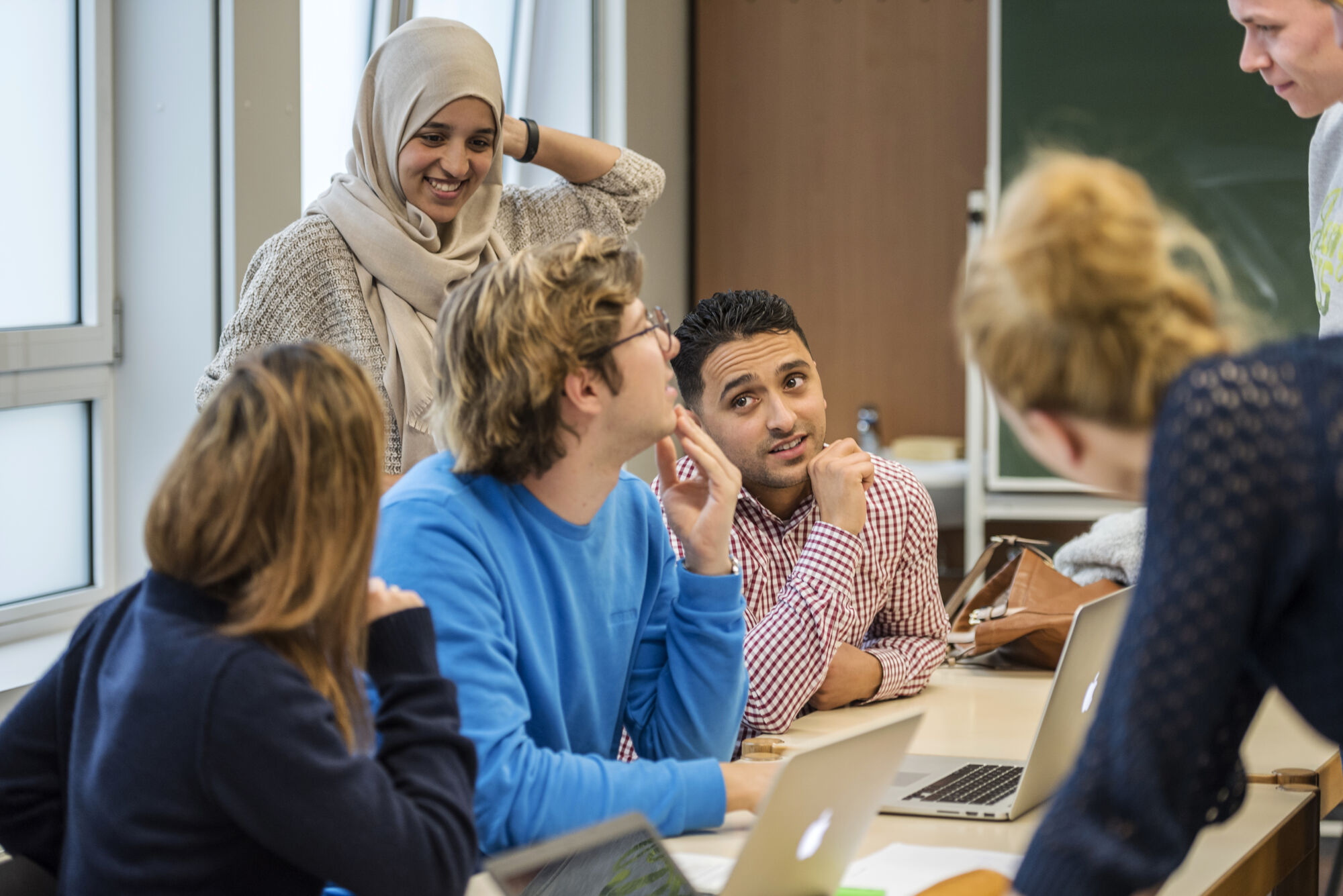Master of Bioscience Engineering: Sustainable Urban Bioscience Engineering | SUBE
For a better tomorrow: addressing complex environmental challenges in cities in a sustainable and (eco)technological way
Cities are complex socio-ecological systems that concentrate today’s most pressing sustainability challenges. Rapid urbanisation intensifies pressures on resources, ecosystems, human health and climate resilience, requiring engineers who can understand cities as integrated systems and design sustainable, science-based solutions.
The Master of Sustainable Urban Bioscience Engineering (SUBE) educates bioscience engineers to address complex urban environmental challenges through engineering-based, nature-based and eco-technological solutions. The programme is designed for students with a strong engineering background in bioscience engineering, environmental engineering, biotechnology or related disciplines, and provides the analytical depth and systems thinking needed to work on real urban sustainability problems.
SUBE is a two-year interuniversity Master’s programme (120 ECTS) jointly organised by the University of Antwerp (coordinator), Ghent University and KU Leuven. Taught entirely in English, the programme offers a multidisciplinary yet rigorous academic approach to sustainable urban development in a European and international context.
A few key defining elements of the Master of Sustainable Urban Bioscience Engineering
A bioscience engineering programme with explicit focus on environmental challenges in urban environments.
Intense cooperation with external partners.
Aimed at an international audience of students and experts and educating students to function in an international context.
An integral and multidisciplinary approach: in-depth knowledge of scientific and (eco)technological perspectives with explicit attention to sustainability aspects,combined with insights from other disciplines relevant in an urban context (e.g. urban development, mobility, urban sociology, smart cities).
A compulsory internship.
Problem-based education through interactive, multidisciplinary and integrated projects (CityLabs).
Joint Master’s degree from three leading Flemish universities: University of Antwerp (coordinator), Ghent University, and KU Leuven.
What’s it like to study the Master of Sustainable Urban Bioscience Engineering?
Hear directly from our SUBE-students: in short videos and quotes they share why they chose this master, how it fosters multidisciplinary solutions, and how it connects them with the professional field.
👉 Discover more stories on our Testimonials page.
“If I had to choose again, I would absolutely choose this Master’s program once more!”
“During this Master’s programme I could understand how the concepts we studied – like urban heat islands, green infrastructure, and stakeholder management – are applied in real projects. SUBE doesn’t just teach you what to know, it teaches you how to make it matter.”
“Thanks to SUBE, I entered the work field with practical skills, a systems mindset, and the ability to communicate across disciplines — and that made all the difference.”
Curious to know more about this new programme? Watch the video below!
Follow us !
